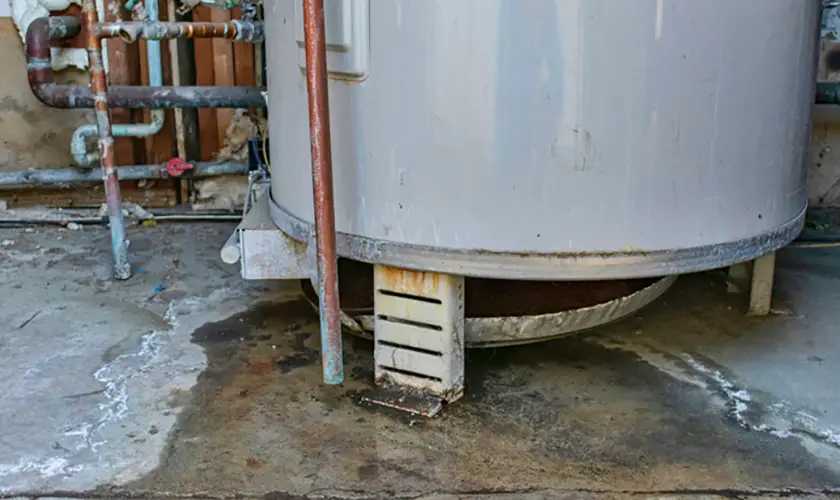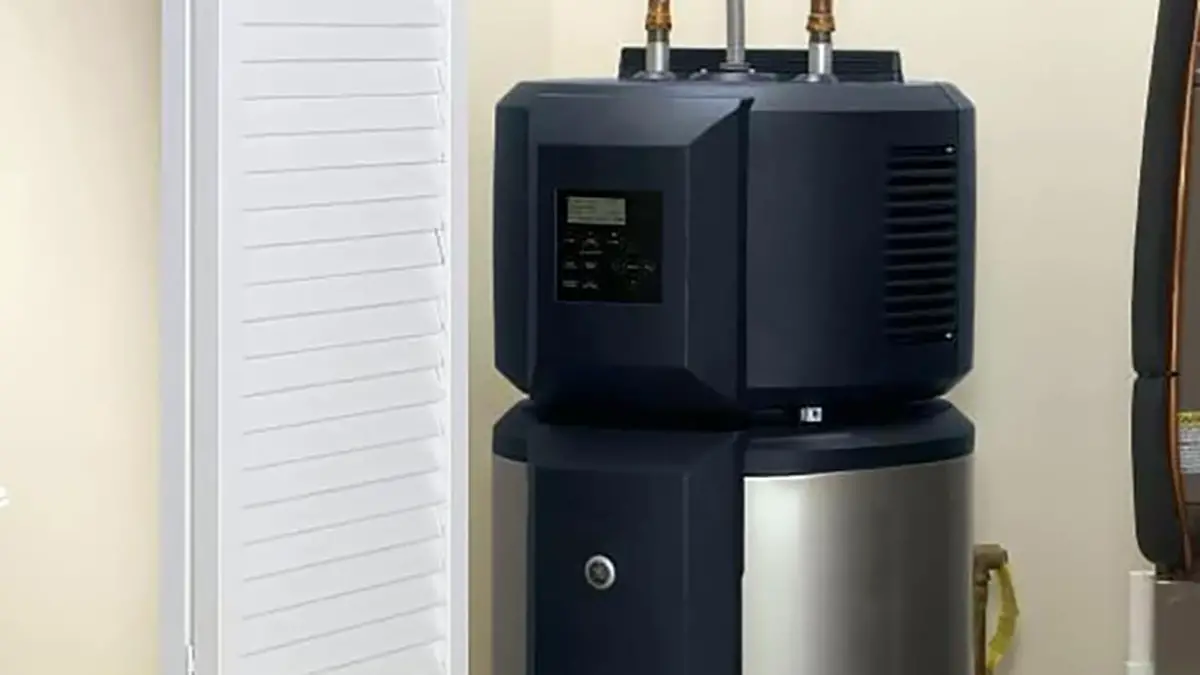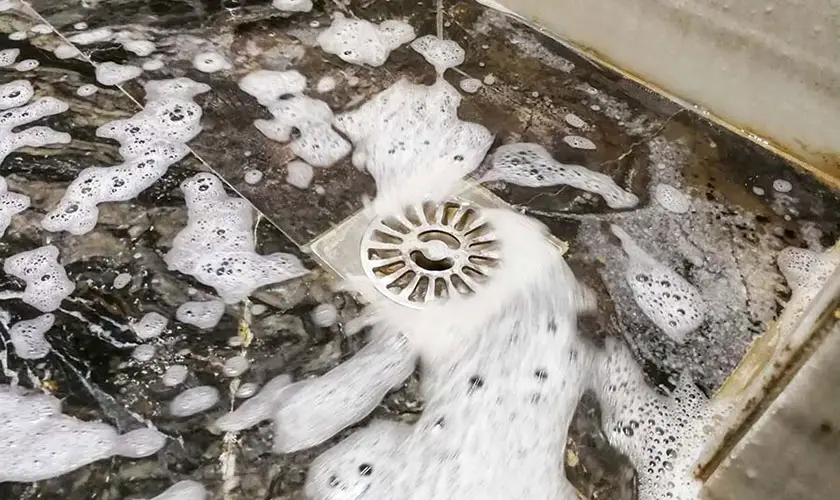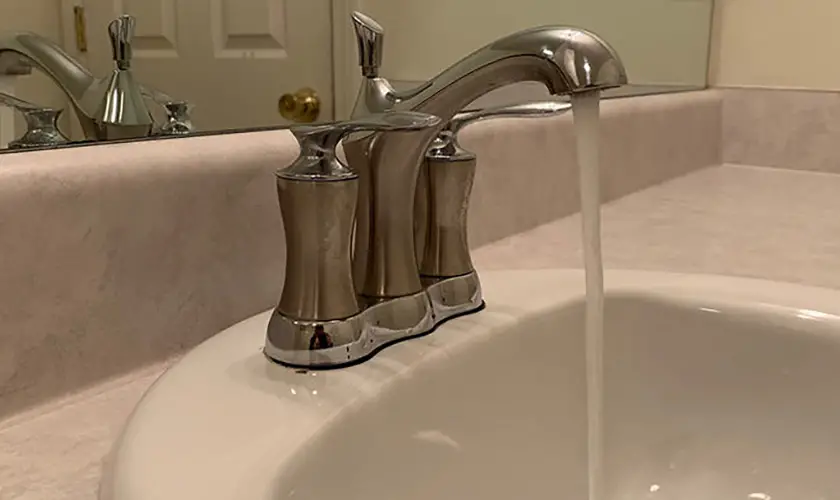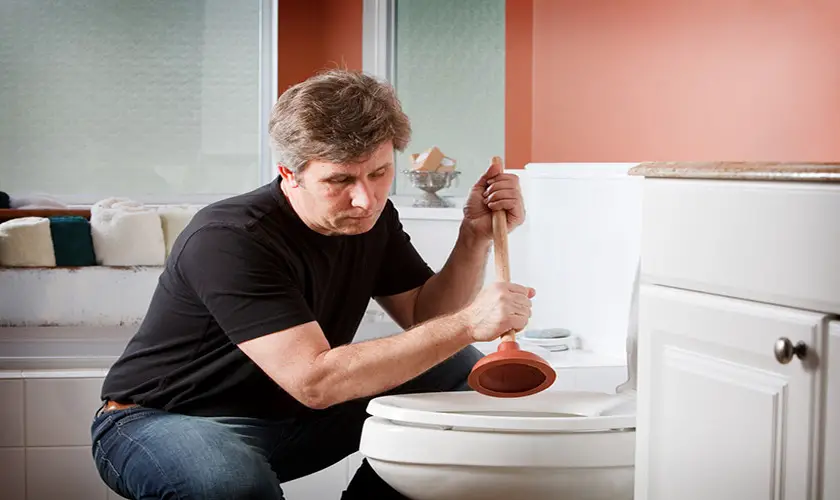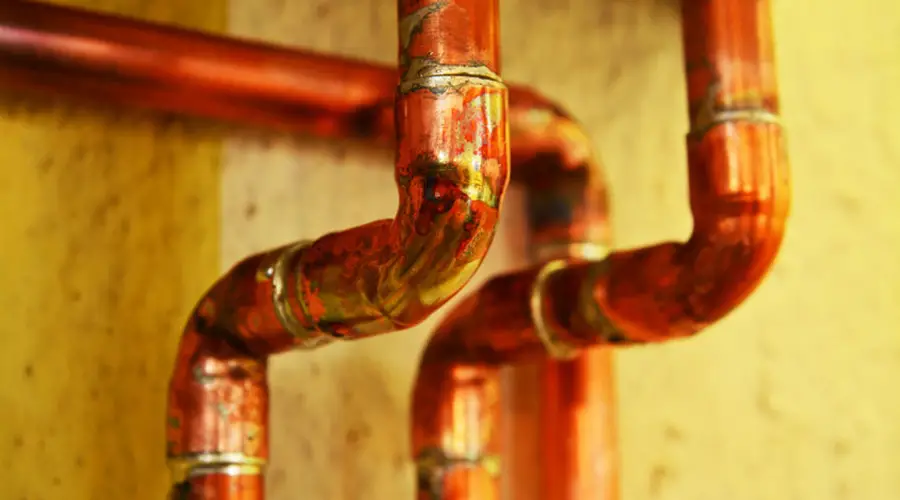
I recently noticed one of the copper pipes in my home developed a pinhole leak and wondered whether my copper pipes are nearing the end of their life. I decided to figure out how long copper pipes typically last, and here’s what I found.
As a general rule, copper pipes will last 70 to 80 years before they need replacing. However, some copper pipes have been known to last much longer and can be in working condition after 100 to 150 years. When copper pipes are nearing the end of their life, they will develop pinhole leaks.
I’m also interested in whether I should replace them with PVX/PEX pipes rather than copper pipes, as I heard they’re cheaper and easier to install. I was curious about other warning signs that my copper plumbing needs to be replaced.
So, in this article, I will cover everything you need to know about how long copper pipes last, how to know when they need to be replaced, and whether copper is still a good option for home plumbing.
When Should Copper Plumbing Be Replaced?
When your pipes burst, or a small leak develops, it can soak into the walls or floor, creating a costly repair. So, how do you know when copper pipes are at risk of developing a leak and when they should be replaced? Here’s the advice from expert plumbers.
Copper pipes should be replaced when pinhole leaks develop. A pinhole leak is a tiny hole in the surface of the pipe where a thin jet of water sprays out of the pipe. It is easy and inexpensive to repair. However, it indicates that your pipes are nearing the end of their life.
A common thing that can happen with copper pipes is that a green coating called patina develops on the outside. When you first see it, you might be alarmed and concerned—patina forms from a chemical reaction between the copper and the oxygen in the air.
It’s perfectly natural. The famous Statue of Liberty in New York has a copper coating and appears green, like the outside copper pipes. It’s generally not advised to clean it off as it will expose a fresh and clean surface on the outside of your copper pipes.
When that happens, it promotes the formation of more of the green residue. Therefore, it’s best to leave it, and it doesn’t indicate whether your pipes need to be replaced. Interestingly, I found out the green residue is known as verdigris.
Pipes bent or broken
As you may know, if your pipes are bent or crimped due to an accident in your house, for example, if a tree crashed into your home, you’ll typically need to replace your copper pipes.
As metals like copper are bent, they lose their structural integrity but can still last long; however, if your copper pipes are bent to the point where holes have formed and water leaks, you should replace them.
Other than that, though, they should last for an incredibly long time. Once copper pipes need to be replaced, though, there are a few options to replace them. I’ll include the details of whether you should replace them with new copper pipes or use another material below.
Do Plumbers Still Use Copper Pipes?
Copper pipes are found in older homes and historic buildings and are very durable. However, I’m curious whether plumbers still use copper or if there is a better material. Here’s what I found most plumbers agree about.
On the whole, copper pipes are still widely used by plumbers for minor repairs. Plumbers now commonly use PEX piping with a shark bite fitting to repair large areas of copper. Pex is a flexible pipe material that is cheaper and easier to install than copper. The downside is that PEX doesn’t last as long as copper pipes.
Therefore, a few factors influence which kind of pipes you use for your plumbing. Here’s what they are…
1. Existing home or new build
If you’re installing copper pipes in a new build, it typically makes more sense than installing them in an existing home. Copper pipes are rigid, and you can NOT easily bend them to fit in tight spaces such as behind and into walls.
Because of that, it’s typically challenging to install new copper plumbing in an existing house. In an existing home/building, it’s best to replace them with PEX, a flexible system that is, therefore, much easier to install and get into tight spaces.
2. Whether you’re keeping the home or are planning to move house
If you’re settled in one location and planning to retire or keep the property in your family, then installing copper pipes can be a good idea. If you know you’ll sell the house or not keep it for that long, PVX plumbing is typically better because it’s cheaper and easier to install.
3. The cost of installing copper is high
Overall, installing PEX pipes costs around half the price of copper pipes. However, they last about half as long as copper pipes.
Therefore, they cost around the same to install. The significant difference is you won’t need to install replacement copper pipes as soon as you do PEX pipes. Copper plumbing will last 80 to 100 years, whereas PEX plumbing will last 25 to 40 years.
On a side note, some sources believe that PEX was invented around 1968, and before that, copper pipes were used almost exclusively for plumbing.
How Often Should Copper Pipes Be Replaced?
You may be curious about when you need to replace copper pipes and if there’s an ideal length of time copper pipes should last.
Overall, you should replace copper pipes every 80 to 100 years. However, if they show pinhole leaks, then it’s a good indication that you should replace at least a portion of the copper piping rather than the entire plumbing.
Sometimes, build-up inside the pipes can’t be cleared using tools. Therefore, you can remove the affected part by sawing either end of the copper pipe and using special fasteners to secure a new section.
An early warning sign, though, is that you get pinhole leaks. It’s very inexpensive and easy to repair a pinhole leak. However, more pinhole leaks will develop once you fix one pinhole leak. It indicates that your copper pipes are almost completely worn out and must be replaced with new copper pipes or PEX.


